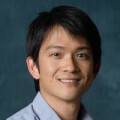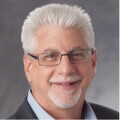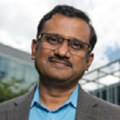The digital revolution: Technological innovations to enable automation in cell therapy manufacturing

Cell therapy manufacturing workflows typically involve multiple complex steps, requiring extensive hands-on and labor-intensive interventions. They also typically involve several open processes, spanning a multitude of different products. As emerging therapeutics move through the clinical pipeline, scale and regulatory compliance have come to the forefront of the discussion. Closed, modular systems can help overcome some of the current cell therapy manufacturing challenges associated with lack of flexibility, maintenance of sterility, and a lack of standardization. A key to addressing these challenges and facilitate scalability lies in both process automation and digital automation.
In this webinar, we will discuss how a fully automated cell therapy manufacturing process, that addresses digital connectivity and instrument-to-instrument compatibility, can increase quality of the final product, and reduce manufacturing failure rates.
- Considerations and benefits of a closed, modular cell therapy workflow
- The time and cost-saving advantages of implementing a fully automated manufacturing workflow that is regulatory compliant
- The importance of digital connectivity solutions to ensure process and data integrity and integration of instruments into your DCS system
- The importance of technology as it relates to automation and standardization within cell therapy manufacturing”
You might also like

Flow with confidence: innovations that foster flexibility and scale in closed-system manufacturing

Next-gen cell therapy manufacturing: leveraging flexibility and automation for success

Strategic human raw material selection for cell therapy manufacturing

Leveraging fluid dynamics characterization to accelerate cell therapy product development




